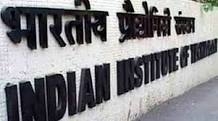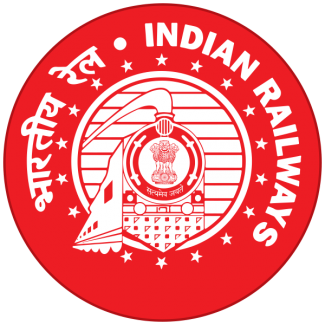
Ministry of Housing and Urban Affairs (MoHUA) conducted its 35th Central Sanctioning and Monitoring Committee (CSMC) meeting of Pradhan Mantri Awas Yojana (PMAY) – Urban on 25.06.2018 where a total of 3,18,900 houses from 6 States/UTs were approved. With this, the PMAY (U) has approved more than 51 lakhs dwelling units against the estimated demand of 1 crore. As the scheme is completing its 3rd year of implementation today, a significant milestone of more than 51 lakh houses approved has been achieved. This is a huge jump in comparison to old housing scheme where 12.4 Lakh houses were approved in around 9 years of its implementation. Such unprecedented performance is due to innovative architecture of the scheme where flexibility has been given to the States/UTs to approve the projects. Further, rather than a rigid approach, beneficiaries are free to choose from 4 verticals of the Mission as per their preference. The State of Maharashtra has taken a big stride in achieving its target of providing houses to slum dwellers by getting 2.48 lakh houses approved in 35th CSMC, held today.
The total project cost approved under PMAY (U) stands at Rs. 2.81 lakh crore with a central assistance of Rs. 77,934 crore. A total of 7.60 lakh houses are already completed and another 28 lakh have been grounded. Massive expansion of housing finance through CLSS is taking place. As on today, more than 2 lakh beneficiaries have been given subsidy under the CLSS vertical of the mission which is substantially higher than 18,166 beneficiaries who benefited from earlier comparable Interest Subsidy Schemes (ISHUP/RRY) – 2008 to 2013. Carpet area expansion upto 200 sq. m. under MIG component of the CLSS is being welcomed by all stakeholders.
Use of innovative and fast-track construction technology has been adopted in a big way under the scheme. More than 7 lakh houses are being constructed in different states using new technologies. The progress of the houses on the ground has been monitored through geo-tagging using space technology. The Ministry has further rolled out eight models of public-private partnerships for affordable housing that has ushered in a revolution in this sector.
The investment in the housing sector has a spiral and cascading effect on other sectors of the economy as well, thereby boosting the GDP of the country. The increased activity in the housing sector, increases the demand of not only construction material such as bricks, cement, sand and steel but also the allied sectors.
In addition, the impetus in housing sector, also results in huge direct employment creation, as large number of jobs, both skilled and unskilled, are also created potentially.












